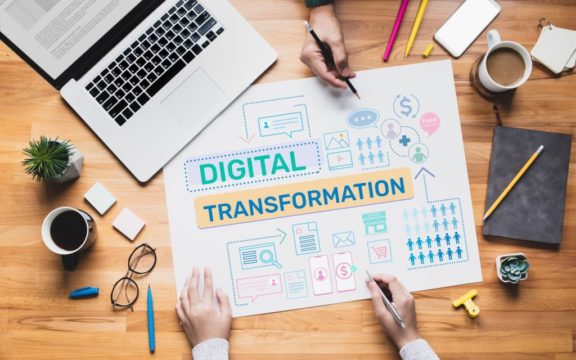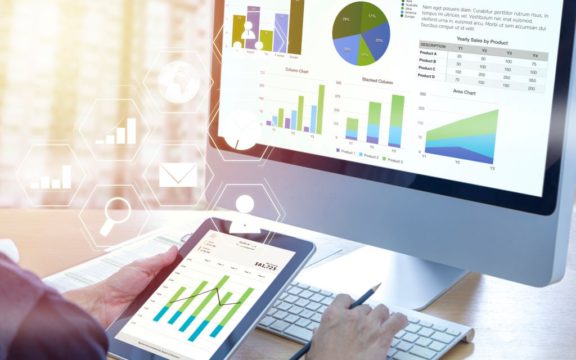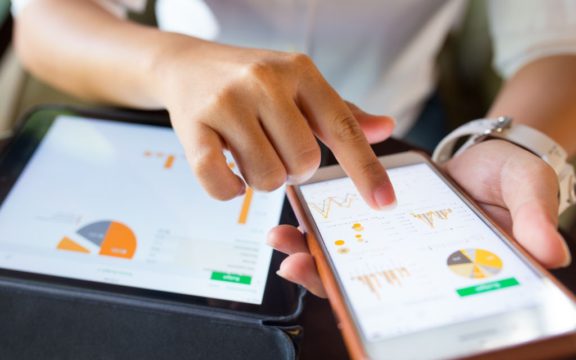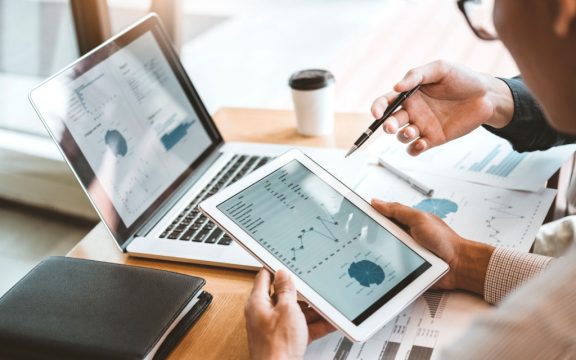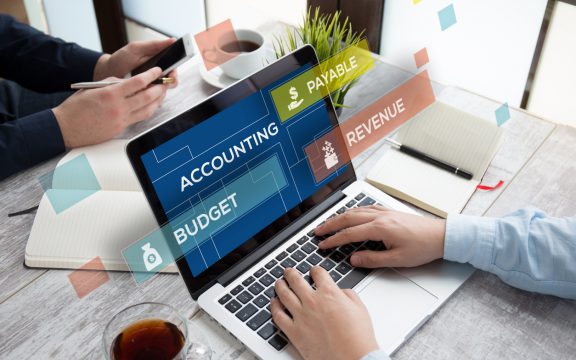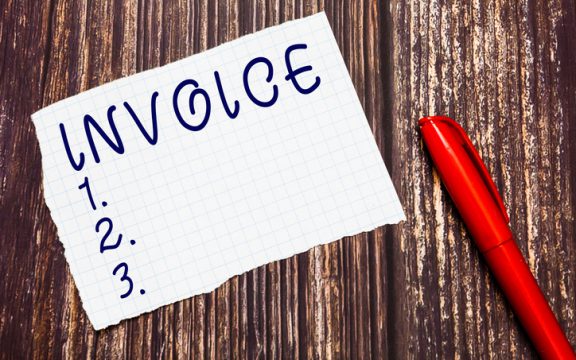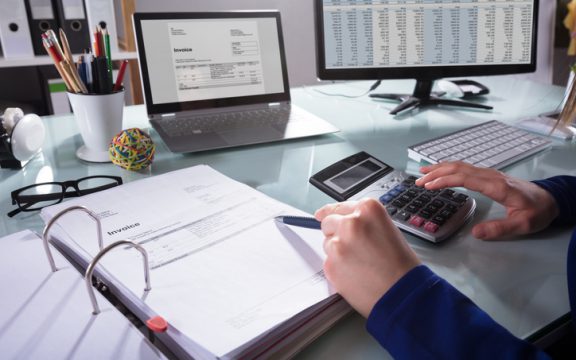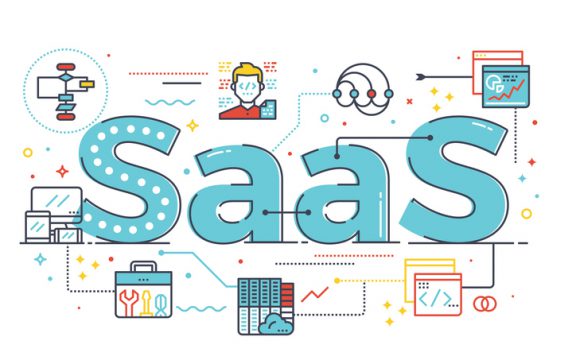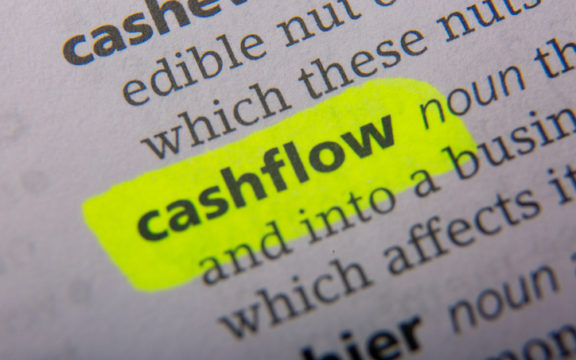The ravaging Covid-19 pandemic has caused challenges for the Malaysian auditing industry, as well as for many other businesses. Although the impact of the pandemic on the auditing industry is not as detrimental as it is on other businesses, there are still several hurdles they are struggling to overcome. On-site visit limitations due to the varying Covid-19 social distancing and safety is one of the hurdles. As such, it is necessary for auditors to come up with innovative ideas and technological tools to circumvent these challenges.
Remote auditing is one of the solutions. What are the differences between remote auditing and conducting site auditing physically? Two main differences are firstly, the former gives derived documents and data, while the latter produces direct auditing evidence. Secondly, remote auditing requires high-end technological devices, which conducted site auditing physically does not. However, both modes are equally reliable. Actually, even before the pandemic, some auditing firms were conducting remote auditing. Now, more auditing firms will have to look into this new normal way of conducting auditing work in order to overcome the inevitable challenges that have come with the pandemic.
Here are some benefits of remote auditing.
1. Use of Accounting Software
Gone were the days that auditors would have to carry huge books of records and documentation back and forth from the office to the auditing sites, where they would have to manually record their findings, etc. There are now the latest auditing technology tools to assist you in overcoming auditing site visit limitations during this Covid-19 pandemic, such as bookkeeping software. Bookkeeping software is a trend in auditing firms today for easy and efficient remote auditing. With this tool, auditors no longer need to rely upon audits or update their accounting details manually. Through remote auditing, everything can be fully automated, fast, accessible to all parties, and error-free.
2. Walkthroughs
Another benefit of remote auditing as you utilize advanced technological auditing tools is that it helps you overcome strict COVID-19 safety protocols. It is interesting that remote auditors can conduct virtual walkthroughs of the various transaction stages to acquire the required data/evidence regarding the transaction process, etc., just by, e.g., video conferencing. Through remote auditing, you can inquire, observe, and scrutinize more diligently, quickly, and frequently, in a shorter time, compared to going for on-site auditing. This would also mean that you will be able to keep your financial records intact, even during this pandemic that does not encourage frequent business and professional interactions.
3. Examination of Facilities
Auditors can inspect facilities just as thoroughly as they would do on-site through video conferencing (real-time video), live video stream, or still images. In fact, conducting remote inspection of facilities is faster as inspection can be conducted any time, irrespective of the distance or time of day, etc.
4. Enough Resources
As we all know, for a successful and comprehensive auditing process, firms that are being audited must provide all the necessary information, representations, resources, etc., to the auditors, a process applicable to both remote as well as on-site auditing. However, with remote auditing, media evidence can be extracted and referred to easily and on request, as information is stored online.
5. Fixed Asset Testing
This is a vital part of auditing as it involves inspection of an organization’s declaration of assets to ensure that what is on the ground is in congruence with what is declared on paper. Through remote auditing, existence testing of fixed assets can be remotely conducted via video or photographic means to provide evidence of existence. In fact, video conferencing can also be conducted to tour warehouses or other places where assets are kept to carry out inspections.
6. Interviews
There are times when auditors would need to interview the management of an organization being audited to clarify information on the company. The Covid-19 pandemic and the social distancing rules have not made this easy, but with remote auditing, interviews can be efficiently conducted through video streaming at a prearranged time.
7. Document Review
During the auditing process, auditors need to refer to many official documents of the organization being audited. With remote auditing, documents of transactions can be reviewed online and accessed at any time for further examination. However, one drawback is that sometimes documents may take some time to be uploaded online. Nevertheless, the benefits outweigh this drawback.
Takeaways
The Covid-19 pandemic is now part of our lives for an uncertain period of time, and businesses will still have to go on. As a result, many auditing firms in Malaysia are looking into implementing strategies that would help them conduct remote auditing to avoid the challenges to on-site audits that have been affected by the pandemic. It is hopeful that this way, businesses can have their finances properly audited, even without in-person visits. Our high-quality accounting software, Financio would be able to assist your company to conduct your accounting and accounting-related tasks more effectively, especially during this Covid-19 pandemic, at an affordable price in Malaysia. For more information, feel free to get in touch with us.










